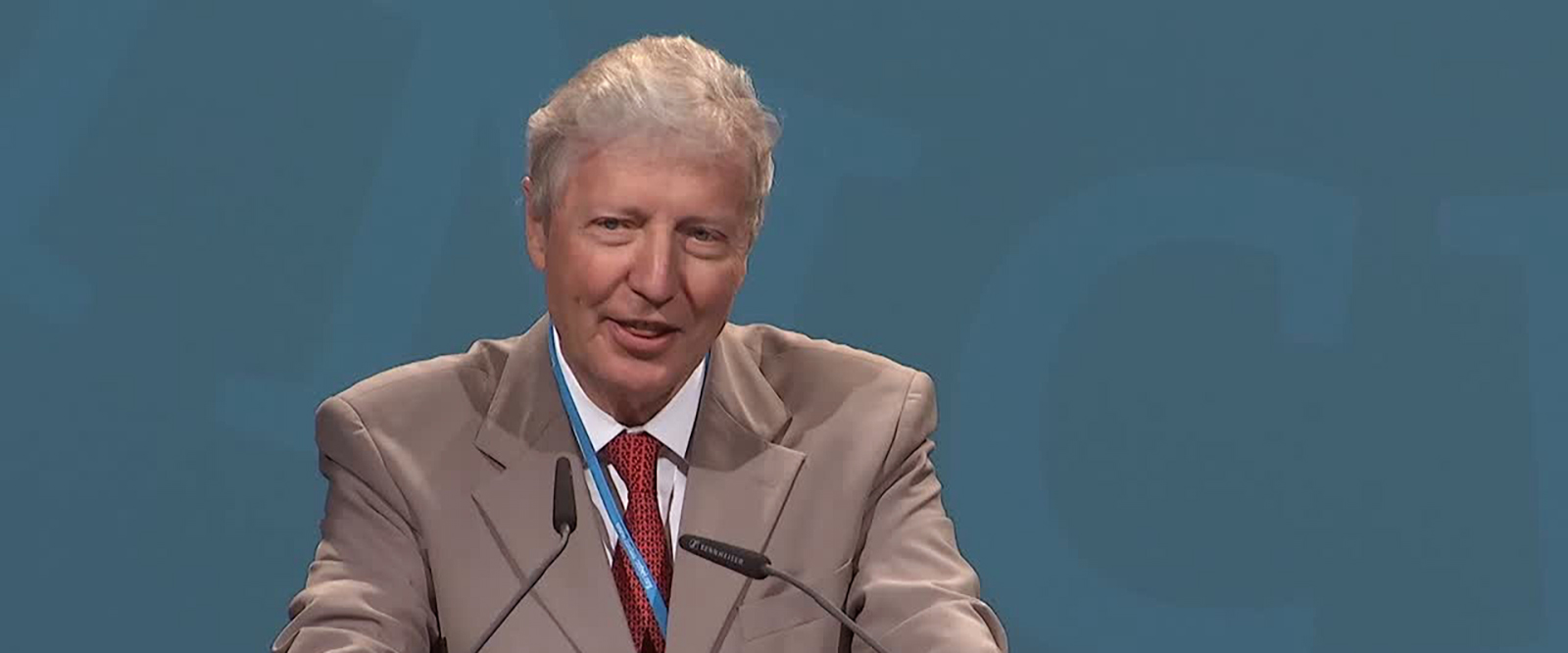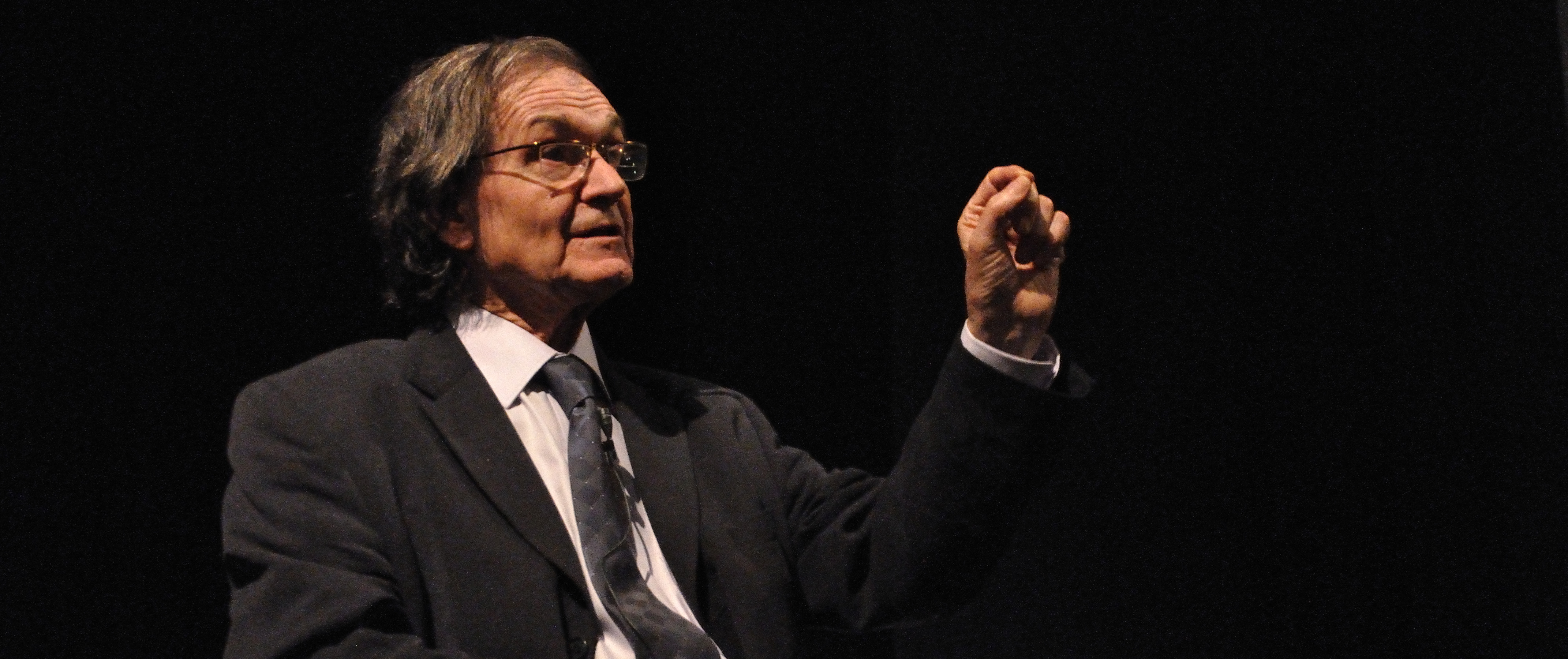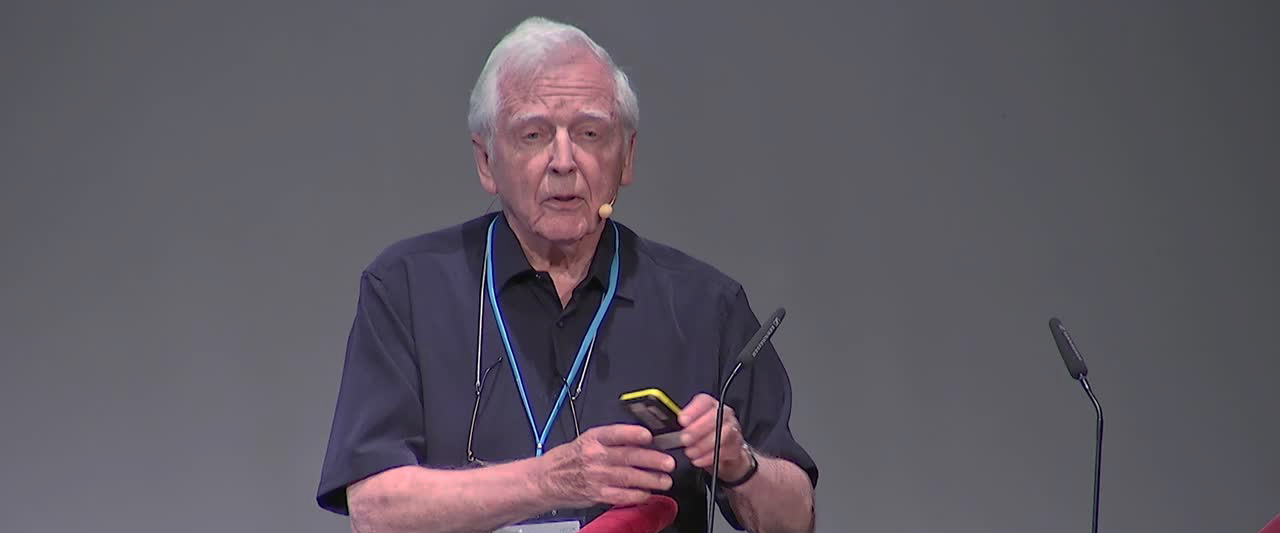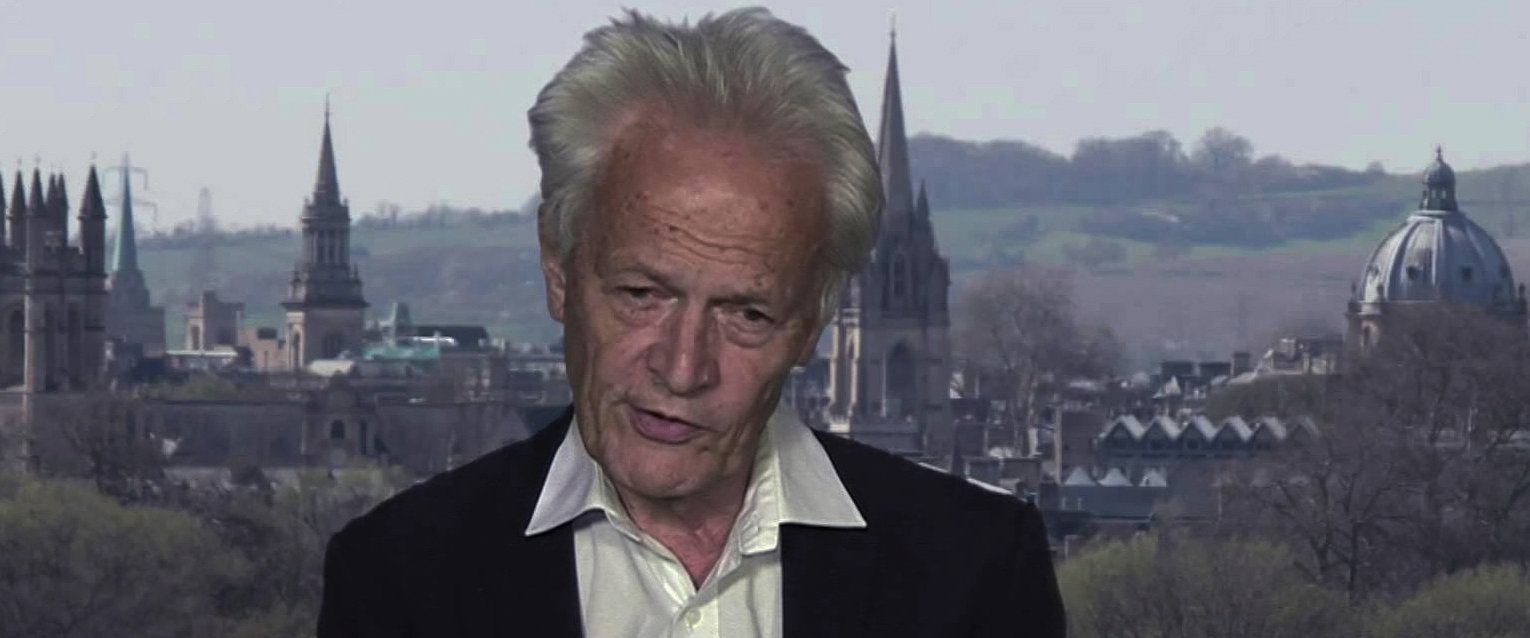8th October 2018.
Carlo Gaetano, Istituti Clinici Scientici Maugeri, Pavia
On the 8th of October 2018 Carlo Gaetano, of the Istituti Clinici Scientifici Maugeri, will give a seminar on Targeting diseased epigenomes by tuning mitochondrial metabolism at 5.00 pm in the College lecture theatre. Epigenetics, namely the range of enzymatic and non-enzymatic DNA modifications that finely tune gene expression during development and tissue regeneration also play an important role in disease. In his talk C Gaetano will address and discuss this latter area of research. All College students are invited to attend, especially those reading Medicine, Biology, Biotechnology and Pharmaceutical Sciences. The poster of the lecture can be downloaded here.
Abstract
The first part of the presentation will describe the recently published outcome of an integrated metabolomics, transcriptomic and genomicapproach carried out in order to better understand the origin of epigenetic alteration evident in human primary cardiac stromal cells obtained from diabetic patients undergoing cardiac surgery. This research, conducted in collaboration with other Institutions in Europe, USA, and Australia, led to the characterisation of new small molecules targeting specific mitochondrial metabolic/epigenetic pathways controlling enzymes involved in DNA methylation. The second part of my talk will present unpublished data about a new role for P300/CBP associated factor (PCAF) in regulating mitochondria acetylation and function during skeletal muscle differentiation.
Biography
C Gaetano heads a newly established Laboratory of Epigenetics at Istituti Clinici Scientifici Maugeri in Pavia (Italy). During his training he was Fogarty Fellow and Associate at the National Cancer Institute in the Molecular Genetics Section of the Pediatric Branch from 1989 until 1992, Bethesda (USA). He was a Visiting Scientist of the National Cancer Institute form may 1995 to September 1996 and then Visiting Associate Professor at McMaster University, Hamilton (CA) in 1999. From 1997 to 2012 he was Senior Scientist and Group Leader at the Laboratorio di Patologia Vascolare of the "Istituto Dermopatico dell'Immacolata-IRCCS". From May 2012 until December 2017 he was Professor of stem cell epigenetics and Director of the Division of Cardiovascular Epigenetics at the Department of Cardiology, Faculty of Medicine, Goethe University, Frankfurt-am-Main (DE). His major scientific interest throughout the years has been epigenetics applied to clinically relevant diseases. In recent years, hid laboratory established in vitro and in vivo human disease models with special attention to human primary cells isolated from volunteer donors including human cardiac stromal cells from non-diabetic and diabetic patients. The studies focused on the epigenetic consequences of environmental challenges (e.g. high glucose, UV radiation, chemicals) causing mitochondrial metabolic alterations and their effect on DNA conformation, integrity and function. Together with other Institutions in Europe and US, he is also characterising new small molecules targeting DNA methylation including DNA methyltransferases (DNMTs) and Ten-eleven-translocation (TET) enzymes.
Reference
Oxidative Cytosine Modifications Accumulate in Cardiac Mesenchymal Cells From Type2 Diabetes Patients: Rescue by alpha-Ketoglutarate and TET-TDG Functional Reactivation. Spallotta, F. et al. Stable. Circulation Research 122, 31-46, 2018.
Image
Courtesy of the Royal Society of Chemistry.












